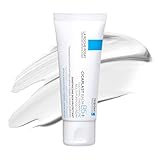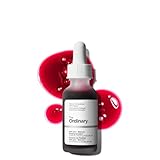Breakthrough Acne Treatments: What’s New in the Fight Against Breakouts
Acne is one of the most common skin conditions in the world, but the good news is that treatments are evolving rapidly. Gone are the days when the only solutions were harsh scrubs and drying spot treatments. Today, science is backing gentler, more effective treatments that target acne at the root cause—whether that’s hormones, bacteria, or inflammation. From powerful new prescription medications to high-tech laser treatments, there’s a lot to be optimistic about when it comes to managing breakouts.
Who’s Most Prone to Acne?

Acne doesn’t discriminate, but some people are more likely to experience breakouts than others.
Common Risk Factors:
- Teenagers & Young Adults: The classic group affected due to hormonal changes during puberty.
- Women in Their 20s-40s: Hormonal fluctuations from menstrual cycles, pregnancy, and menopause can trigger adult acne.
- Genetics: If your parents had acne, you’re more likely to develop it too.
- People with Oily Skin: Excess sebum production can clog pores, leading to breakouts.
- Certain Medications: Drugs like corticosteroids, lithium, and some birth controls can trigger acne.
Does Diet Really Affect Acne?

For years, dermatologists dismissed the connection between food and acne. But newer research suggests that diet can play a role—though it’s not as simple as blaming chocolate.
Foods That May Worsen Acne

- High-Glycemic Foods: White bread, sugary snacks, and processed carbs spike blood sugar, increasing oil production.
- Dairy: Some studies suggest milk (especially skim) can contribute to breakouts.
- Whey Protein: Popular in fitness circles, whey protein has been linked to acne in some individuals.
Foods That May Help

- Omega-3 Rich Foods: Salmon, walnuts, and flaxseeds help reduce inflammation.
- Antioxidant-Rich Vegetables: Leafy greens, carrots, and berries support skin health.
Over-the-Counter (OTC) Treatments That Work
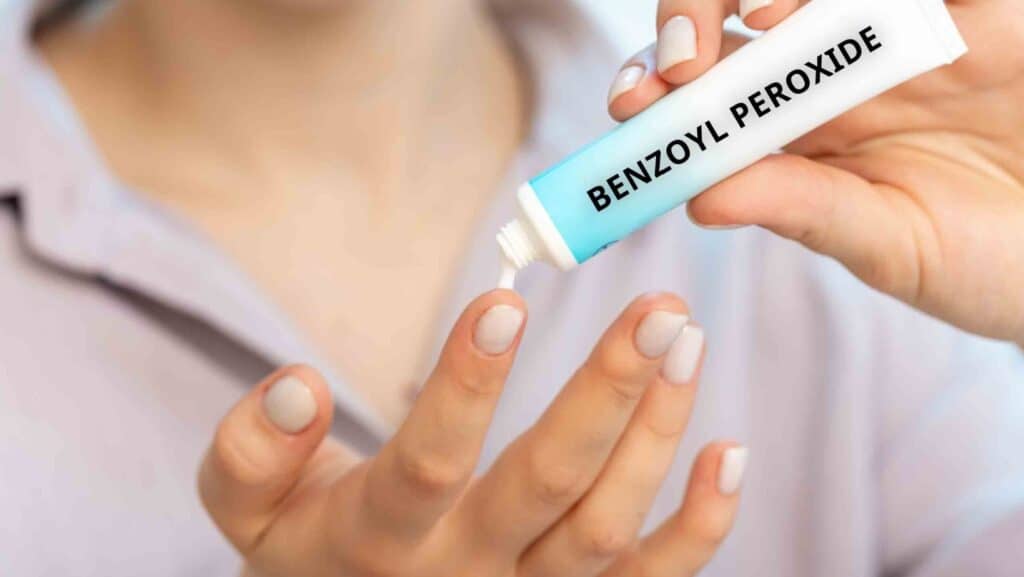
If your acne is mild to moderate, you might not need a prescription. These OTC treatments are backed by science:
- Salicylic Acid (2%): Exfoliates pores and reduces inflammation.
- Benzoyl Peroxide (2.5-10%): Kills acne-causing bacteria.
- Adapalene (0.1-0.3%): A powerful retinoid now available OTC.
Prescription Treatments for Acne

For more stubborn acne, a doctor may prescribe:
- Topical Retinoids (Tretinoin, Tazarotene): Increase skin cell turnover.
- Antibiotics (Clindamycin, Doxycycline): Reduce bacteria and inflammation.
- Hormonal Therapy (Birth Control, Spironolactone): Helps balance hormonal acne.
What Kind of Doctor Should You See for Acne?
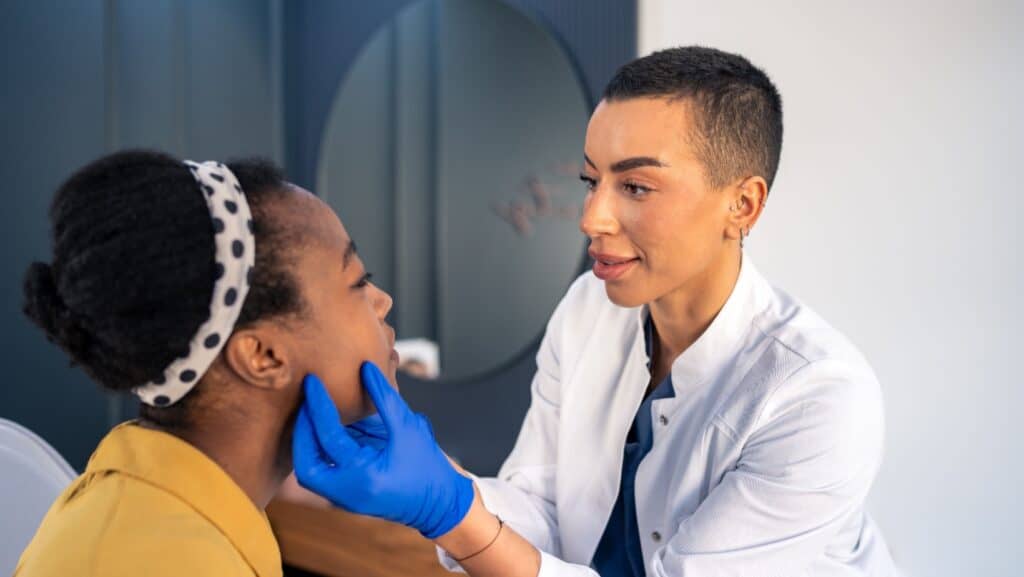
- Dermatologist: The best choice for persistent or severe acne.
- Endocrinologist: If acne seems hormone-related.
Are There Any Viral Acne Treatments to Avoid?

Social media is full of DIY hacks, but some are downright harmful:
- Toothpaste (harsh and irritating)
- Lemon Juice (causes burns)
- Hydrogen Peroxide (damages skin)
What Can I Do If I Have An Active Whitehead Pimple?
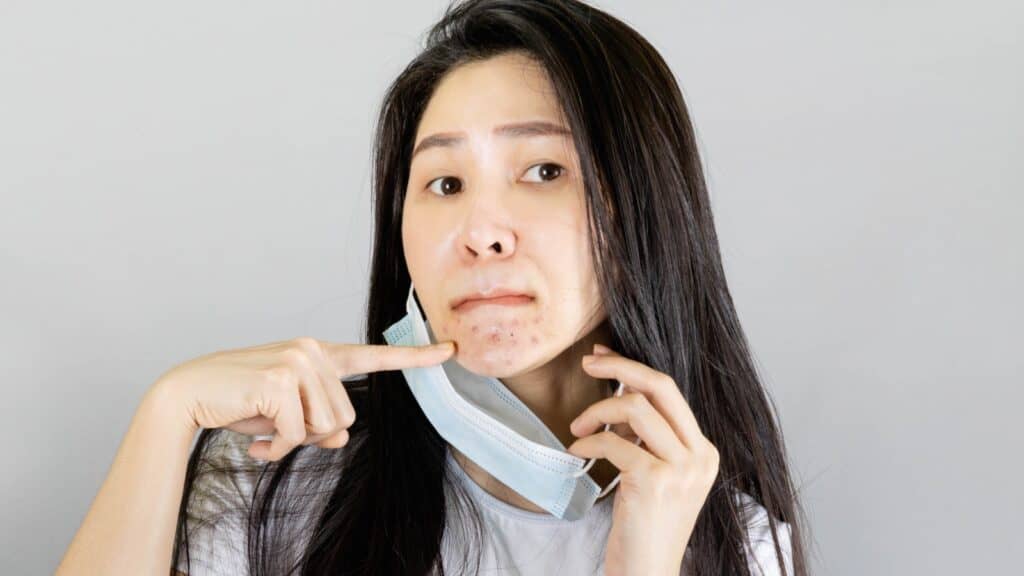
When dealing with an active whitehead pimple, the goal is to reduce inflammation, absorb excess oil, and speed up healing without causing irritation or scarring. Here are some of the best spot treatments to try:
Over-the-Counter (OTC) Spot Treatments
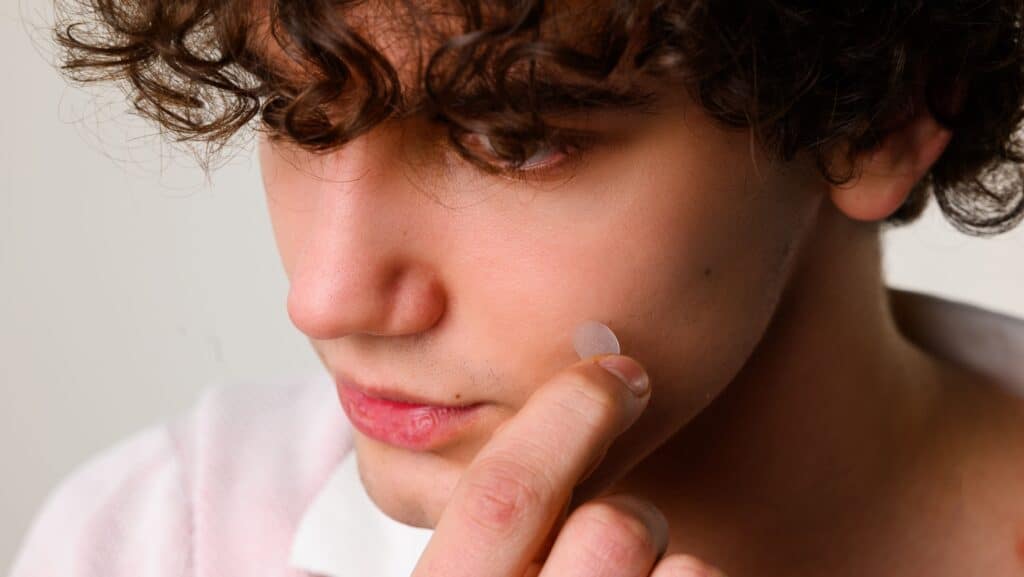
- Benzoyl Peroxide (2.5-10%): Kills acne-causing bacteria and helps dry out the pimple. Recommended Product: PanOxyl Acne Spot Treatment.
- Salicylic Acid (2%): Unclogs pores, exfoliates dead skin, and reduces inflammation. Recommended Product: Neutrogena Rapid Clear Spot Gel.
- Hydrocolloid Patches: Absorb pus and protect from picking. Recommended Product: Mighty Patch by Hero Cosmetics.
- Sulfur (3-10%): Absorbs oil and reduces inflammation without over-drying. Recommended Product: Mario Badescu Drying Lotion.
- Tea Tree Oil (5-10%): Natural antibacterial and anti-inflammatory properties. How to Use: Dilute with a carrier oil and apply with a cotton swab.
Prescription Spot Treatments
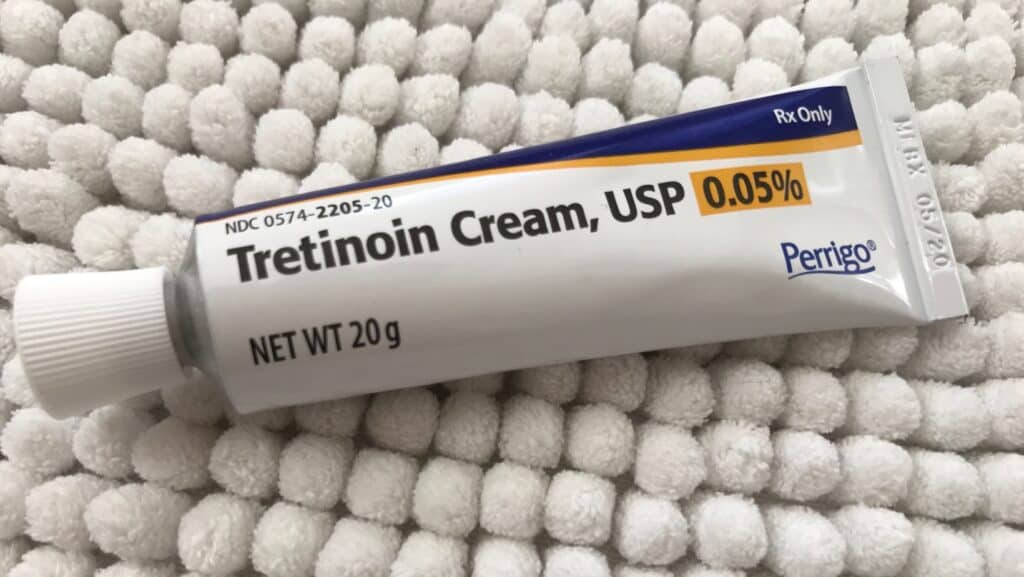
- Clindamycin Gel: An antibiotic that reduces bacteria and inflammation.
- Tretinoin (Retinoid): Helps speed up skin cell turnover to heal whiteheads faster.
DIY Home Remedies (For Mild Whiteheads)
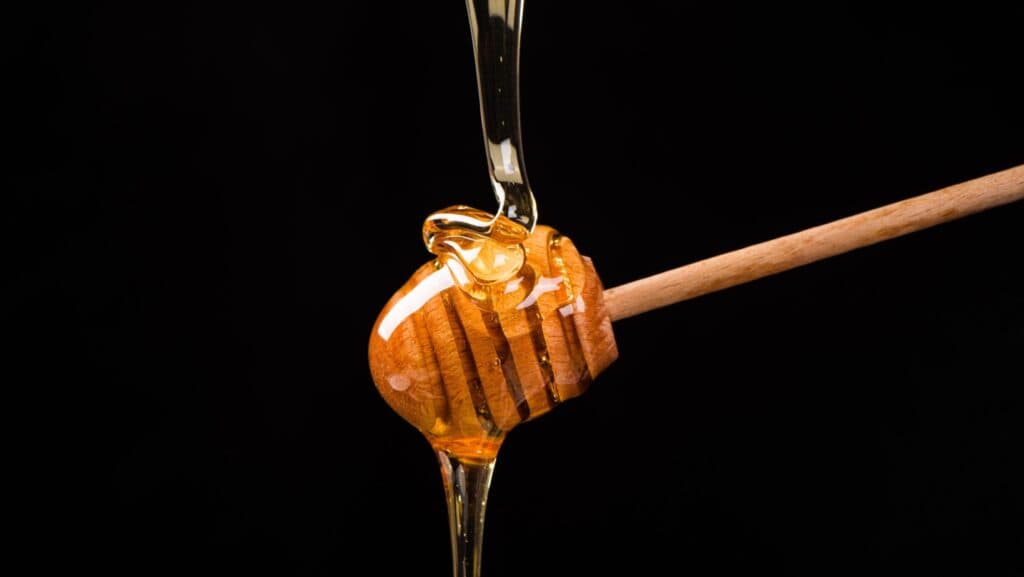
- Ice: Reduces swelling and redness (wrap in a clean cloth and apply for a few minutes).
- Honey: Has natural antibacterial properties (dab on the pimple for 10-15 minutes).
Best Routine for Fast Healing
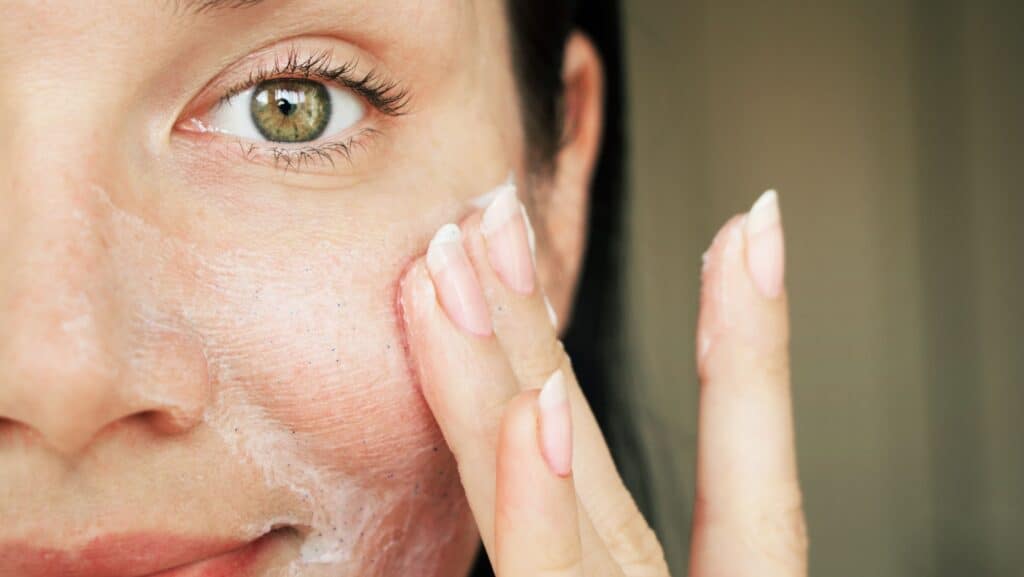
- Wash Face Gently: Use a mild cleanser (avoid scrubbing).
- Apply Spot Treatment: Choose one from the list above and apply directly to the pimple.
- Use a Hydrocolloid Patch Overnight: Helps absorb pus and speeds healing.
- Avoid Picking: Popping whiteheads increases the risk of scarring.
For stubborn or frequent breakouts, consider seeing a dermatologist for customized treatment!
How Can I Treat Acne Scars?
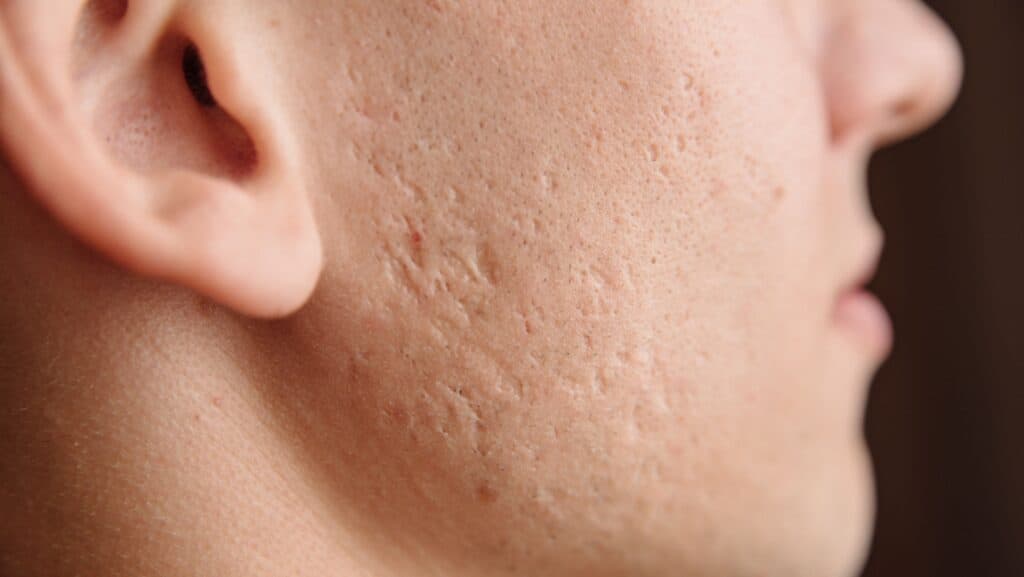
Acne scars can be frustrating, but the good news is that there are several treatments available to reduce their appearance. The right option depends on the type of scarring you have, whether it’s deep indentations (atrophic scars), raised bumps (hypertrophic scars), or discoloration (post-inflammatory hyperpigmentation or erythema). Here’s what you can do:
1. Over-the-Counter (OTC) Treatments for Acne Scars
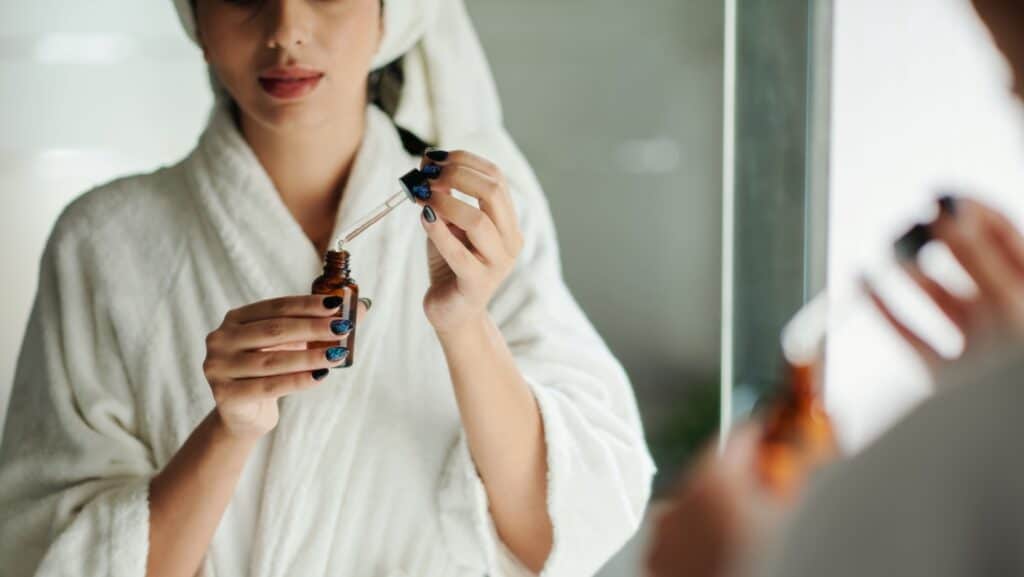
These treatments can help fade mild scars and improve skin texture over time.
Retinoids (Differin Gel aka Adapalene, Tretinoin, Retinol)
- How it works: Speeds up skin cell turnover, fades discoloration, and smooths scars.
- Best for: Hyperpigmentation, mild atrophic scars.
- How to use: Apply a pea-sized amount at night and always wear sunscreen in the morning.
Vitamin C Serums (CosmeticSkinSolutions, La Roche Posay, Timeless brand)
- How it works: Brightens dark spots and boosts collagen production.
- Best for: Post-inflammatory hyperpigmentation (dark marks).
- How to use: Apply in the morning before sunscreen.
Niacinamide (5%) (Check out Paula’s Choice, The Ordinary)
- How it works: Reduces redness and hyperpigmentation.
- Best for: Red acne marks, sensitive skin.
- How to use: Use morning and night with a moisturizer.
Alpha Hydroxy Acids (AHAs) & Beta Hydroxy Acids (BHAs) (Look into Paula’s Choice, The Ordinary, Drunk Elephant)
- How they work: Exfoliate dead skin, even out texture, and improve mild scarring.
- Best for: Mild atrophic scars, uneven skin tone.
- How to use: Start 2-3 times a week and build up as tolerated.
2. Prescription Treatments for Acne Scars
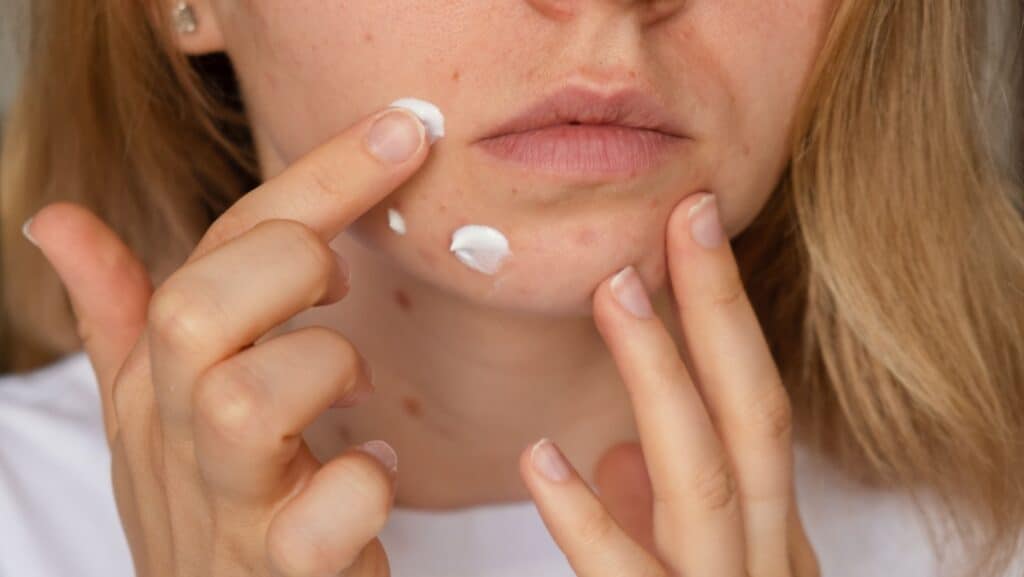
For deeper or stubborn scars, a dermatologist may prescribe stronger treatments.
- Prescription Retinoids (Tretinoin, Tazorac): More powerful than OTC retinoids for boosting collagen and smoothing scars.
- Hydroquinone or Cysteamine Cream: Helps fade dark spots faster when used with sunscreen. Look into Ambi Skincare Fade Cream.
3. Professional Treatments for Acne Scars (Dermatologist-Recommended)
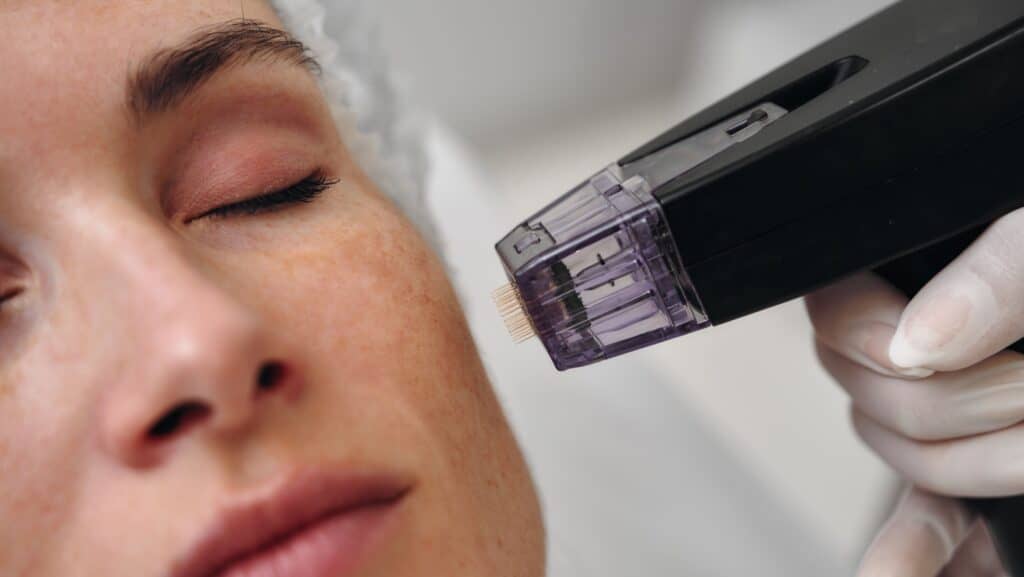
For moderate to severe acne scars, in-office procedures offer faster and more dramatic results.
Microneedling (Collagen Induction Therapy)
- How it works: Tiny needles create micro-injuries, boosting collagen production.
- Best for: Atrophic scars (boxcar, rolling).
- Downtime: 1-3 days of redness.
Chemical Peels
- How it works: Exfoliates damaged skin layers to fade scars and discoloration.
- Best for: Hyperpigmentation, mild scarring.
- Downtime: Varies by peel strength (light peels = no downtime, deep peels = weeks of recovery).
Laser Resurfacing (Fraxel, CO2 Laser)
- How it works: Stimulates collagen to smooth deep scars.
- Best for: Deep atrophic scars.
- Downtime: 5-10 days of redness and peeling.
Filler Injections (Hyaluronic Acid, Bellafill)
- How it works: Temporarily fills depressed scars to even out skin texture.
- Best for: Deep ice-pick or boxcar scars.
- Duration: Results last 6 months to 5 years, depending on the filler.
Subcision (For Deep Scars)
- How it works: A needle breaks up scar tissue under the skin, helping the scar lift.
- Best for: Rolling and tethered scars.
- Downtime: Mild swelling and bruising for a few days.
4. Daily Habits to Improve Acne Scars

- Sunscreen (SPF 30+) every day: Prevents scars from darkening. La Roche-Posay Anthelios Melt-In Milk SPF 60 and EltaMD UV Clear SPF 46 are excellent products.
- Moisturize with ceramides: Keeps skin barrier strong.
- Avoid picking at scabs or scars: Prevents worsening.
5. Best Scar-Healing Treatments for Deep Acne Scars

If you have indented (atrophic) scars, these products can help.
- Mederma Advanced Scar Gel – Works on both new and old scars.
- Bio-Oil Skincare Oil – Helps improve skin elasticity.
- Cicaplast Baume B5 (La Roche-Posay) – Soothes irritation and speeds healing.
6. When to See a Dermatologist
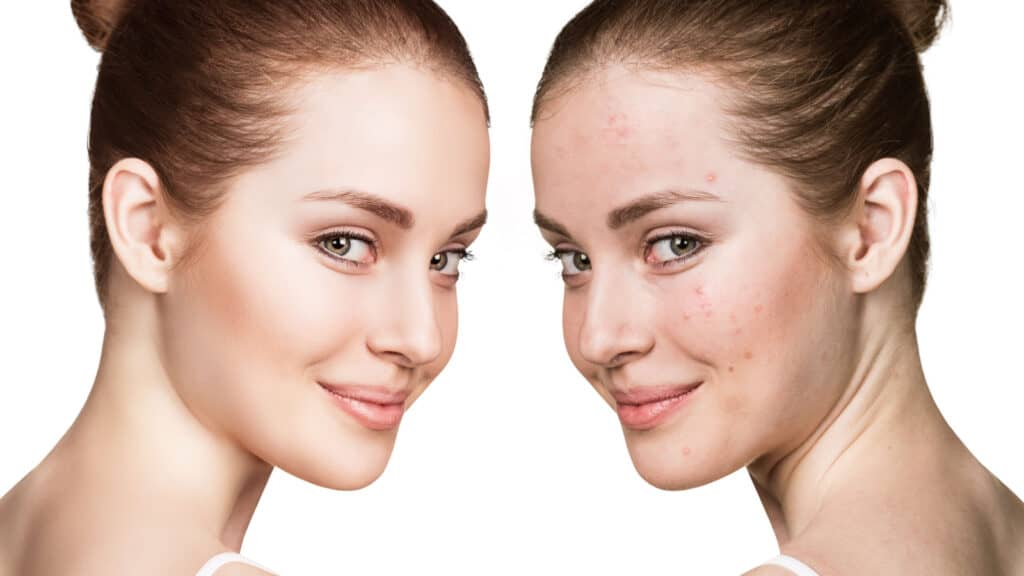
If your scars are deep, persistent, or affecting your confidence, a dermatologist can recommend the best treatment plan. The sooner you treat scars, the better the outcome!
FAQs About Acne Treatment
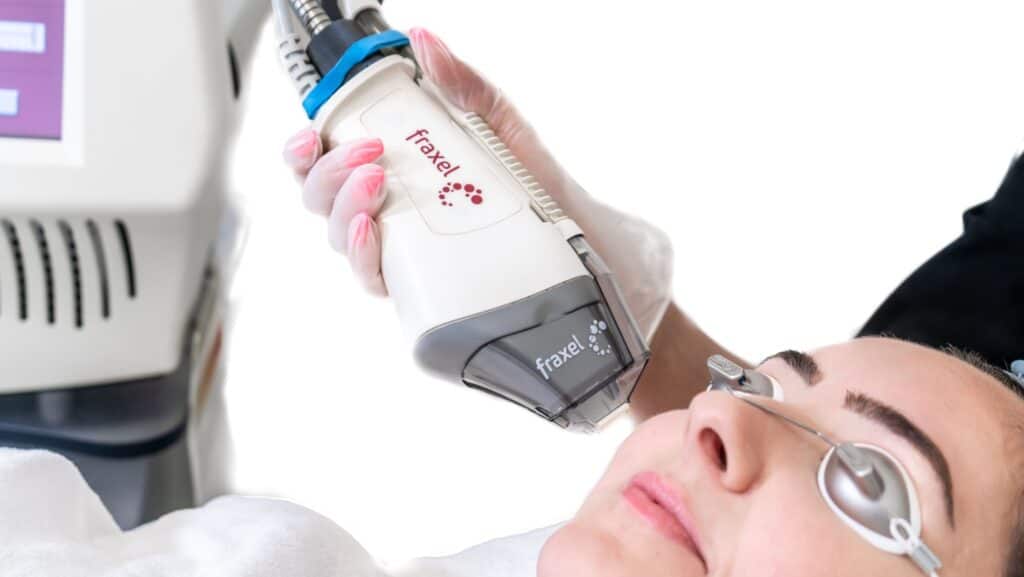
1. Can acne be cured permanently? No, but it can be effectively managed with the right treatments.
2. Is it bad to pop pimples? Yes! It can lead to scarring and infections.
3. How long does it take for acne treatments to work? Most take at least 4-8 weeks to show visible improvements.
4. Does drinking water help acne? Staying hydrated supports skin health, but it won’t “cure” acne.
5. Should I stop wearing makeup if I have acne? Not necessarily! Just choose non-comedogenic products.
6. Do probiotics help with acne? Emerging research suggests gut health plays a role in skin health.
Conclusion: The Best Approach for Clear Skin
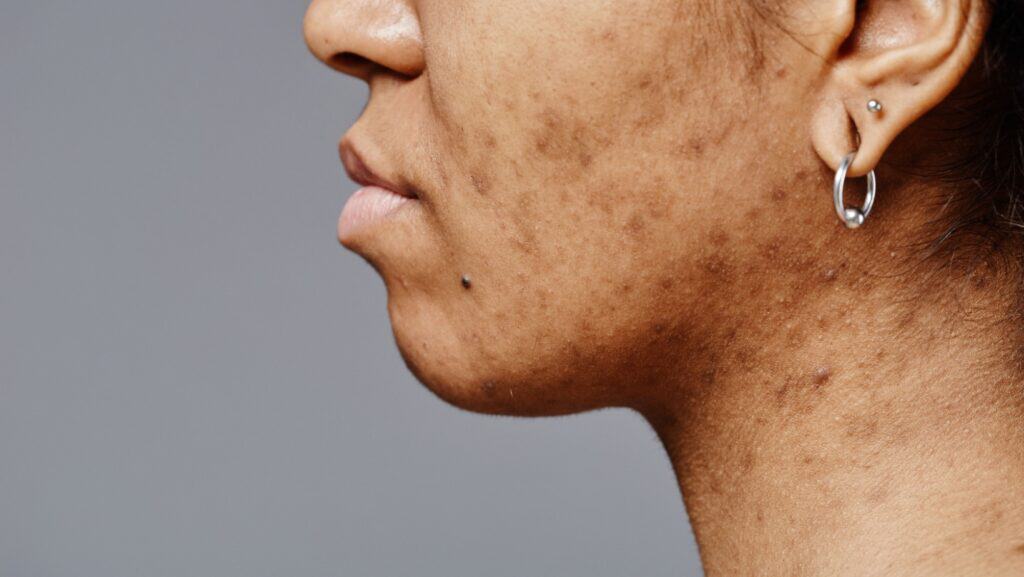
Acne can be frustrating, but with today’s advanced treatments and a personalized approach, it’s more manageable than ever. Whether you’re trying OTC treatments, consulting a dermatologist, or making dietary adjustments, the key is consistency. With patience and the right strategy, clearer skin is possible.
Shop The Essentials:
If you are viewing this on MSN please click here to shop.
This post may contain affiliate links. Please see our disclosure policy for details.
Sulfate vs. Sulfate-Free Shampoos: What’s the Big Deal?

READ: Sulfate vs. Sulfate-Free Shampoos: What’s the Big Deal?
Walk into any beauty aisle, and you’ll likely see shampoo bottles screaming “SULFATE-FREE!” like it’s the most important thing since sliced bread. But what’s the deal? Are sulfates really that bad? And if they are, why are they still in so many shampoos? Let’s break it down.
Join Us

Join us on this empowering journey as we explore, celebrate, and elevate “her story.” The Queen Zone is not just a platform; it’s a community where women from all walks of life can come together, share their experiences, and inspire one another. Welcome to a space where the female experience takes center stage. Sign up for our newsletter so you don’t miss a thing, Queen!
Last update on 2025-12-18 / Affiliate links / Images from Amazon Product Advertising API


